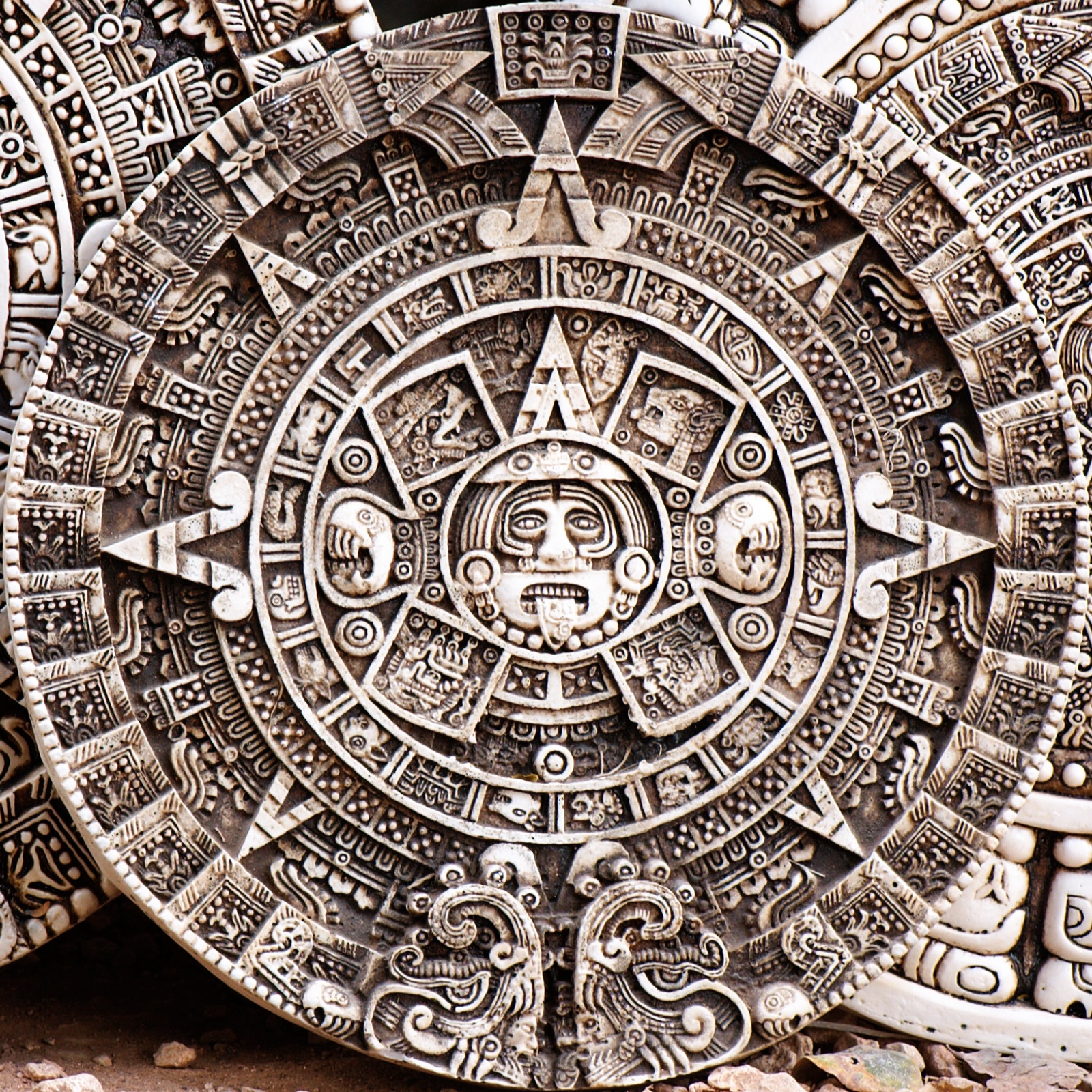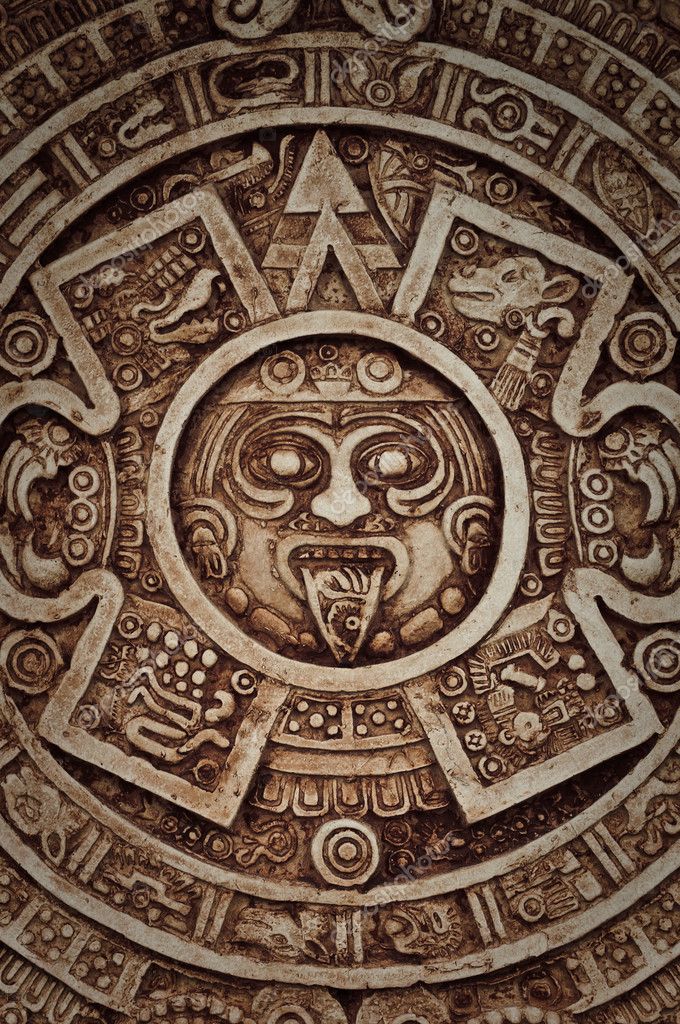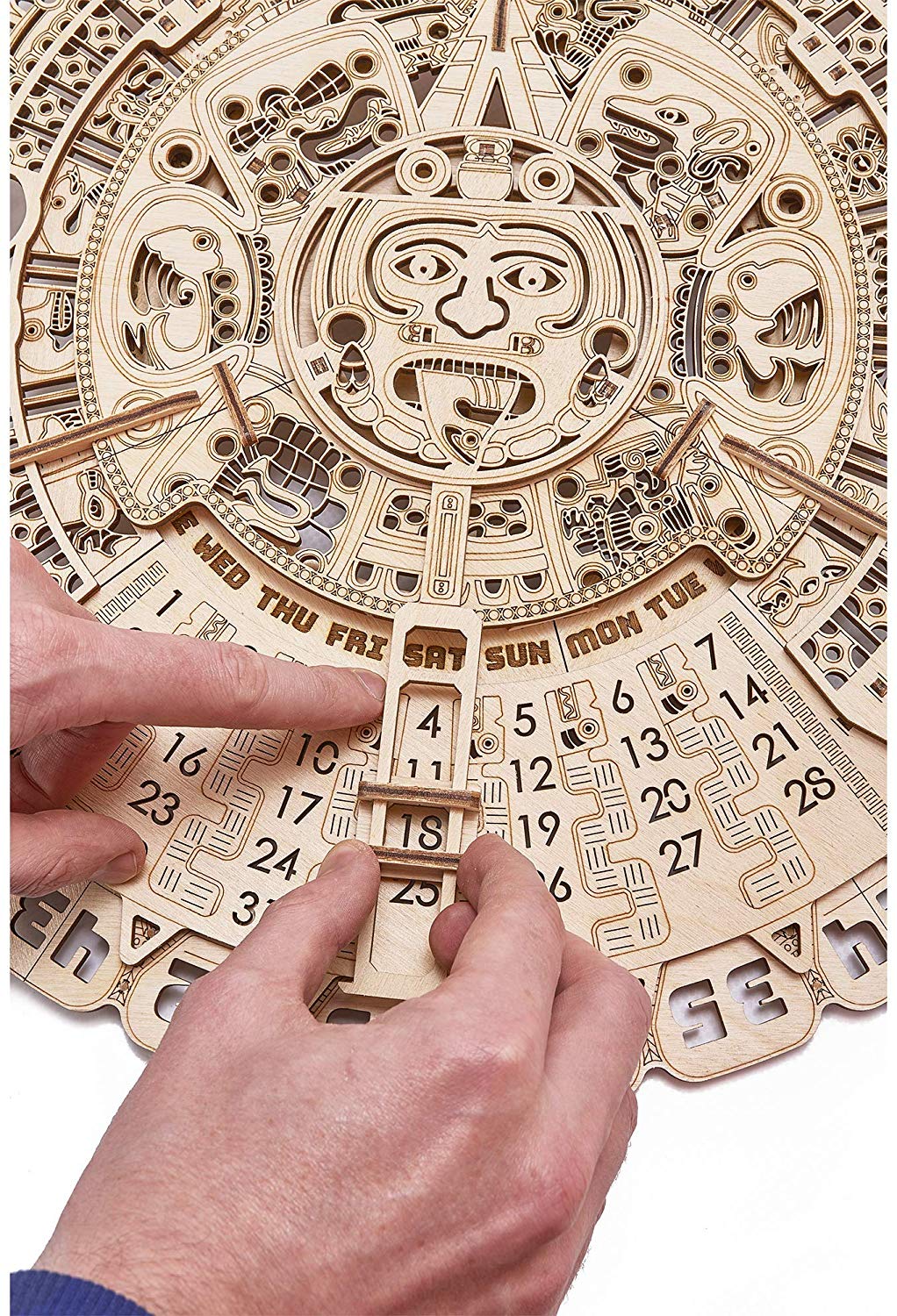Day Out Of Time Mayan Calendar
Day Out Of Time Mayan Calendar - Aside from these, the maya also developed the long count calendar to chronologically date mythical and historical events. The 260 days are divided into 20 periods of 13 days each. What is a “day out of time” and what can we do? Web mayan calendar, dating system of the ancient mayan civilization and the basis for all other calendars used by mesoamerican civilizations. This day is observed as a day free of time in the 13 moon calendar. Web ancient mayan calendars. These calendars are based on solar, lunar, planetary, and human cycles. Web every july 25 we live a day out of time according to the mayan lunar calendar. day out of time is a day for stillness, connection with eternal time, honouring ‘time as art’. Web the most commonly known maya cyclical calendars are the haab, the tzolk’in, and the calendar round. Web ancient mayan calendars. The calendar has an outer ring of mayan glyphs (pictures) which represent each of the 19 months. Current day celebrations continue worldwide recognizing the importance of a natural reckoning. These calendars are based on solar, lunar, planetary, and human cycles. Web the day out of time the mayans. This day is observed as a day free of time in the 13 moon calendar. Each day is represented by a number in the month followed by the name of the month. This day is observed as a day free of time. Web the day out of time is the culmination of the 13 moon calendar year originated from the. Aside from these, the maya also developed the long count calendar to chronologically date mythical and historical events. “the remaining five days at the end of the year were an unlucky, dangerous time known as the wayeb.” during this time, people “stayed home and neglected all activities during this time to avoid disaster.” To convert a date, begin by selecting. Web in the late 19th century, ernst forstemann worked out how the maya marked time. Hence, today the day out of time is celebrated. The movements of all major planets visible to the ancient mayans fit into this extended. These calendars are based on solar, lunar, planetary, and human cycles. The days are numbered from 1 to 13, and each. Hence, today the day out of time is celebrated. According to the mayan calendar, july holds two sacred days on july 25 marking an end and july 26. Web every 26 july begins the synchronometer or maya new year; (13 moons of 28 days = 364 days) the extra day, the 365th day, is july 25, called the day out. Day out of time falls on the 25 july each year , as it historically relates to sirius (the ‘dog star’) rising with the sun. The maya used what is now known as the calendar round which is made up of 3 interlocking cycles. Web the 13 moon galactic calendar & day out of time is one of the cosmic. This day is observed as a day free of time in the 13 moon calendar. What is a “day out of time” and what can we do? Day out of time falls on the 25 july each year , as it historically relates to sirius (the ‘dog star’) rising with the sun. Web every 26 july begins the synchronometer or. Each day had either 0, 1, 2 or 3 hours left in it. The maya recorded important events in their history using calendar dates written in numbers and hieroglyphs. The maya used what is now known as the calendar round which is made up of 3 interlocking cycles. Hence, today the day out of time is celebrated. [haːɓ]) is part. Web ancient mayan calendars. Web the most commonly known maya cyclical calendars are the haab, the tzolk’in, and the calendar round. 52 years will pass until the three cycles line up again. What is a “day out of time” and what can we do? (13 moons of 28 days = 364 days) the extra day, the 365th day, is july. This day is observed as a day free of time in the 13 moon calendar. The maya recorded important events in their history using calendar dates written in numbers and hieroglyphs. The movements of all major planets visible to the ancient mayans fit into this extended. Each day is represented by a number in the month followed by the name. The maya, whose culture in central america and southern mexico peaked around 800 a.d. Web the mayan ‘day out of time’ is the last day of the galactic year in the mayan calendar. (izanbar/istock/getty images) a cycle featured in maya calendars has been a mystery pretty much since it was rediscovered and its deciphering began in the 1940s. A numbered week of 13 days, in which the days were numbered from 1 to 13; Current day celebrations continue worldwide recognizing the importance of a natural reckoning. Some of these dates describe mythical. Web while our calendar uses a single week of seven days, the mayan calendar used two different lengths of week: Web the day out of time the mayans. Aside from these, the maya also developed the long count calendar to chronologically date mythical and historical events. Day out of time falls on the 25 july each year , as it historically relates to sirius (the ‘dog star’) rising with the sun. [haːɓ]) is part of the maya calendric system. The maya used what is now known as the calendar round which is made up of 3 interlocking cycles. Web the most commonly known maya cyclical calendars are the haab, the tzolk’in, and the calendar round. This day is observed as a day free of time. Hence, today the day out of time is celebrated. The maya recorded important events in their history using calendar dates written in numbers and hieroglyphs. Before going into steep decline, had an advanced calendar system that incorporated the movement of the sun, moon and planets. Web the 13 moon galactic calendar & day out of time is one of the cosmic calendar systems of the ancient maya. On july 25th, sirius (the dog star) rises with the sun. day out of time is a day for stillness, connection with eternal time, honouring ‘time as art’. Before going into steep decline, had an advanced calendar system that incorporated the movement of the sun, moon and planets. Web what is the maya calendar? Web the day out of time is the culmination of the 13 moon calendar year originated from the mayan science of time. (izanbar/istock/getty images) a cycle featured in maya calendars has been a mystery pretty much since it was rediscovered and its deciphering began in the 1940s. Current day celebrations continue worldwide recognizing the importance of a natural reckoning. Web the most commonly known maya cyclical calendars are the haab, the tzolk’in, and the calendar round. Some of these dates describe mythical. What is a “day out of time” and what can we do? Web every july 25 we live a day out of time according to the mayan lunar calendar. [2] the essentials of the maya calendar are based upon a system which had been in common use throughout the region, dating back to at least the 5th century bc. This day is observed as a day free of time in the 13 moon calendar. The maya, whose culture in central america and southern mexico peaked around 800 a.d. The 260 days are divided into 20 periods of 13 days each. Web the haabʼ ( mayan pronunciation: On july 25th, sirius (the dog star) rises with the sun. They maintained three different calendars at the same time.The Mayan calendar and some dates others' have predicted would or will
What does "day out of time" mean in the Mayan calendar
Symbols & Mythology Archives SOLAR LUNAR
Mayan Calendar — Stock Photo © slickspics 10412732
The ancient Mayan Calendar Mayan calendar, Maya calendar, Mayan art
The Maya Calendar Explained (KS2) Maya Archaeologist Printable
A Beautiful Wooden Mayan Calendar Mechanical Puzzle
El Día fuera del tiempo del calendario maya DurangoMas
The end of the world as we know it?
The Mayan calendar that ends Dec. 21, 2012. Mayan art, Mayan tattoos
Taken Together, They Form A Longer Cycle Of 18,980 Days, Or 52 Years Of 365 Days, Called A “ Calendar Round.”.
[Haːɓ]) Is Part Of The Maya Calendric System.
Web Ancient Mayan Calendars.
Day Out Of Time Is A Day For Stillness, Connection With Eternal Time, Honouring ‘Time As Art’.









